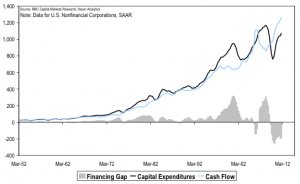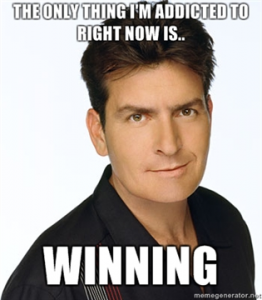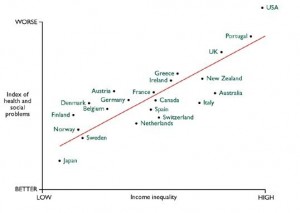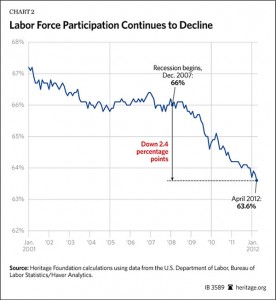Post #1: The current landscape in America (or anywhere in the modern world, really)
In 2009 New York was going to hell in a handbasket. Century-old firms were gone within a few weeks – Bear Stearns, Lehman Bros, etc., the stock market was in a free-fall, people were talking about the end of world, MSNBC was on a doom orgy for 11-months straight. I don’t have to tell you, you were there. So in the middle of all this catastrophe, Dom and I decided to quit our jobs and start a new company.
Why?
Because here’s the thing: in the recession of 2008-2009 in NYC had very peculiar characteristics. For one, a lot of the people who got fired were highly-skilled, high net-worth professionals saddled with debt and unable to move away for a variety of reasons. So all these highly-skilled, high net-worth people, concentrated in a dense city, had nothing to do…
Cue in boredom. And with the idle hands, came out an explosion of start-ups and meet-ups. Gilt Groupe, Thrillist, AOL, Wanderfly, a sh*tload of financial data-mining products, so many weird e-commerce platforms and products (what the heck is Kickstarter?!) And then social media, which was ramping up in popularity, came on big-time right around 2007 – 2009. Media giants found a disgustingly-cheap way to get engagement with their customers. Why spend $150k on a billboard on a highway that may or may not get conversion, when you can spend $20k and DEFINITELY get engagement with thousands of Facebook/Twitter fans, all who are talking and all whose behavior is trackable? App creators like Zynga jumped into the platform and made millions. And then..mobile dropped, and with mobile (iOS, Android, HTML5) the market surged again. Everyone saw iPhone apps as a new market to make money – again, people with some vision and a bit of code made millions.
So if you look at the tech landscape as a Yukon gold rush, think about this: who makes all the money in the gold rush? A few lucky prospectors (entrepreneurs), the mining giants (Big Media, gaming companies), and the general stores that sold picks, axes, and all the equipment (re: digital studios).
Hey, DOM & TOM’s a digital studio…at a time when social and mobile spiked, and all the talented highly-skilled people had the freedom to dream about making new wealth other than finance and consulting. But all gold rushes end eventually, right?
Well, there’s another set of clients who have missed out on the massive tech surge, who are now (2011 and onward) coming back to the marketplace, and who have deeper pockets than anyone before them. For the sake of broad strokes, let’s call them “Corporations.” All the major corporations out there have massive marketing and tech budgets, and departments whose teams had their budgets slashed to nothing. All this time they’ve basically sat on the sidelines while social and mobile surged by them. Don’t get me wrong – Priceline, Hearst Media, Viacom did dip a toe in the markets. But it’s nothing compared to what they WILL be doing in the next 5 to 10 years.
Think about it: what happens to the VP of Marketing, or the VP of IT, who used to generate and implement their ideas yearly? Well, they didn’t stop having those great ideas. They shelved those ideas, year after year, implemented the smaller ones, and waited for the day that they’d get their budgets back….
And that time has come. Corporate profits are higher than ever. They’re sitting on piles of cash and they want to start getting more on their investments. The people who can create jobs in this country will have to do so by convincing all the money that sitting on the sidelines (roughly $1.5 Trillion in private funds in America alone!) to jump back in and invest in America Inc. Those people will be visionary, they’ll be tech-savvy, and they’ll be young.
More to come on Wednesday, when we go into the nature of these people, the true job-creators, and the employees that they’ll hire.
As always, please feel free to comment or share. Please note that this is Post #1 of a 3-part post “HOW TO CREATE JOBS”. For more information please click on the link http://www.tomtancredi.com/2012/05/05/how-to-create-jobs-preamble/.

Woops - as of Mar 2012, it's more like $2 Trillion that corporations are sitting on, getting a 2% return on their money...








